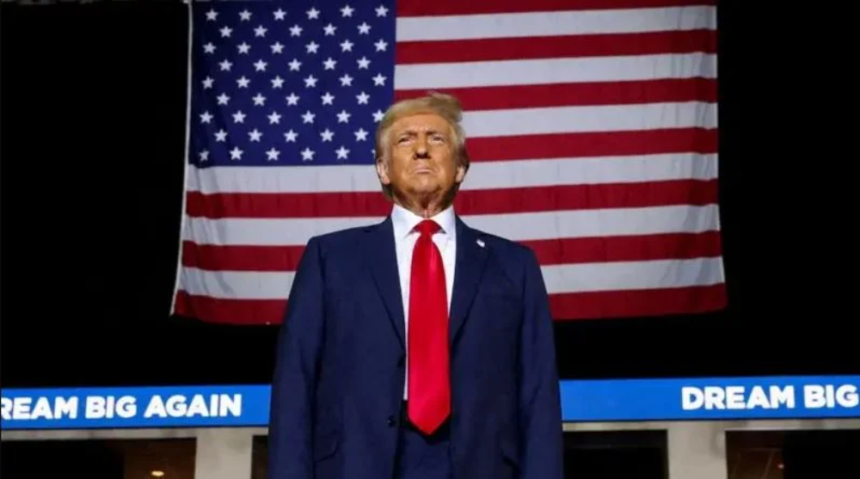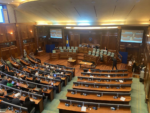The New York Appeals Court has denied former President Donald Trump’s request to postpone his sentencing, scheduled for January 10, 2025. The sentencing follows his conviction last year on 34 criminal charges of document falsification, linked to allegations of election interference in the 2016 presidential race.
Prosecutors claim Trump orchestrated a scheme to influence the election by concealing a payment made to former adult film actress Stormy Daniels. Daniels alleged an affair with Trump, which he denies. Trump’s legal team has argued the trial was politically motivated and has filed appeals to overturn the conviction.
Court’s Decision and Context
The appellate court’s decision comes just 10 days before the inauguration of the incoming president on January 20. Trump had sought to delay sentencing, citing presidential immunity concerns during the transitional period. However, Judge Juan Merchan, overseeing the case, dismissed these arguments earlier, emphasizing that no jail time was anticipated for Trump.
During the appeal hearing, Assistant Judge Ellen Gesmer questioned Trump’s attorney, Todd Blanche, on the validity of extending presidential immunity to a president-elect. Blanche admitted there was no precedent for such a claim, while state attorney Steven Wu defended the planned sentencing timeline as reasonable.
Wu pointed out that Trump had delayed the process by requesting multiple postponements since July 2024. Judge Gesmer agreed, stating, “If he was concerned, he could have allowed the process to conclude earlier.”
Trump’s Reaction
Speaking from Mar-a-Lago, Trump criticized Judge Merchan, calling him “unprincipled” and accusing him of disrupting the peaceful transfer of power. Trump reiterated his innocence, calling the case a politically driven “witch hunt” by Manhattan District Attorney Alvin Bragg.
Background on the Case
The charges stem from a $130,000 payment by Trump’s former attorney, Michael Cohen, to Stormy Daniels before the 2016 election. The payment aimed to secure her silence regarding an alleged affair with Trump over a decade ago, a claim he denies.
This case marks the first time a U.S. president or former president has been convicted on criminal charges, adding a historic layer to Trump’s controversial political career.







